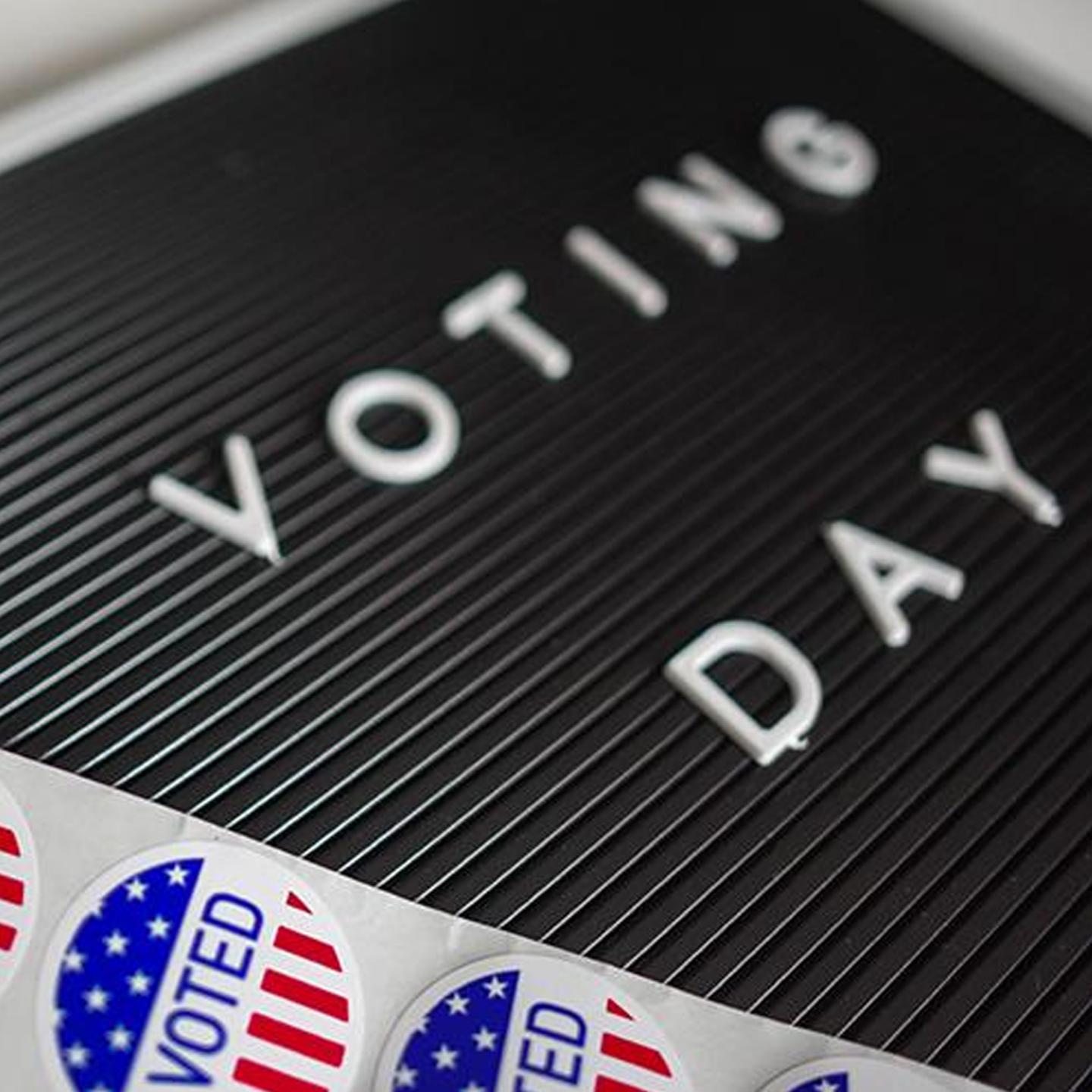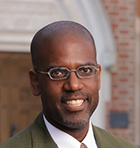
Voting Rights
Law professor Hank Chambers can discuss a variety of areas related to the law and voting, particularly the nuances between voting rights and the right to vote.
"Voting rights have a broad impact not just on the outcomes of elections. If voting means participating in a community, what message does it send that people are being excluded from participating? We need to consider who gets to be a part of these decisions and how they build a community," said Chambers.

Economic Effects of Elections
Finance professor Art Durnev can discuss how presidential election campaigns impact the economy and financial stability. His research is about how certain presidential elections slow the economy down, increase investment risk, lead to unstable international trade relations, and suppress investment, including real estate development.
"Uncertainty creates fear; fear suppresses investment," said Durnev.
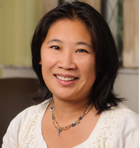
Social Welfare & Racial Politics
Political science professor Jennifer Erkulwater, studies U.S. social welfare, race, and disability politics. She can provide insights as candidates discuss these topics on the campaign trail and can also discuss the barriers voters often face when it comes to casting their ballot.
"My research seeks to understand why disability politics is so white – that is, why people of color are missing from disability politics and what the implications of that absence are for how social justice is enacted," said Erkulwater.

Charismatic Candidates
Jessica Flanigan, leadership studies and philosophy, politics, economics, and law professor, can speak about charismatic leaders, and why voters should be wary of choosing their candidate based on their charismatic traits.
"Politicians are now packaging themselves as Instagram-ready personal brands. People in more individualistic cultures value leaders’ charisma more, and America is becoming increasingly individualistic. This means that charisma, rather than performance, may play an increasing role in how leaders are evaluated," said Flanigan.
More about Jessica Flanigan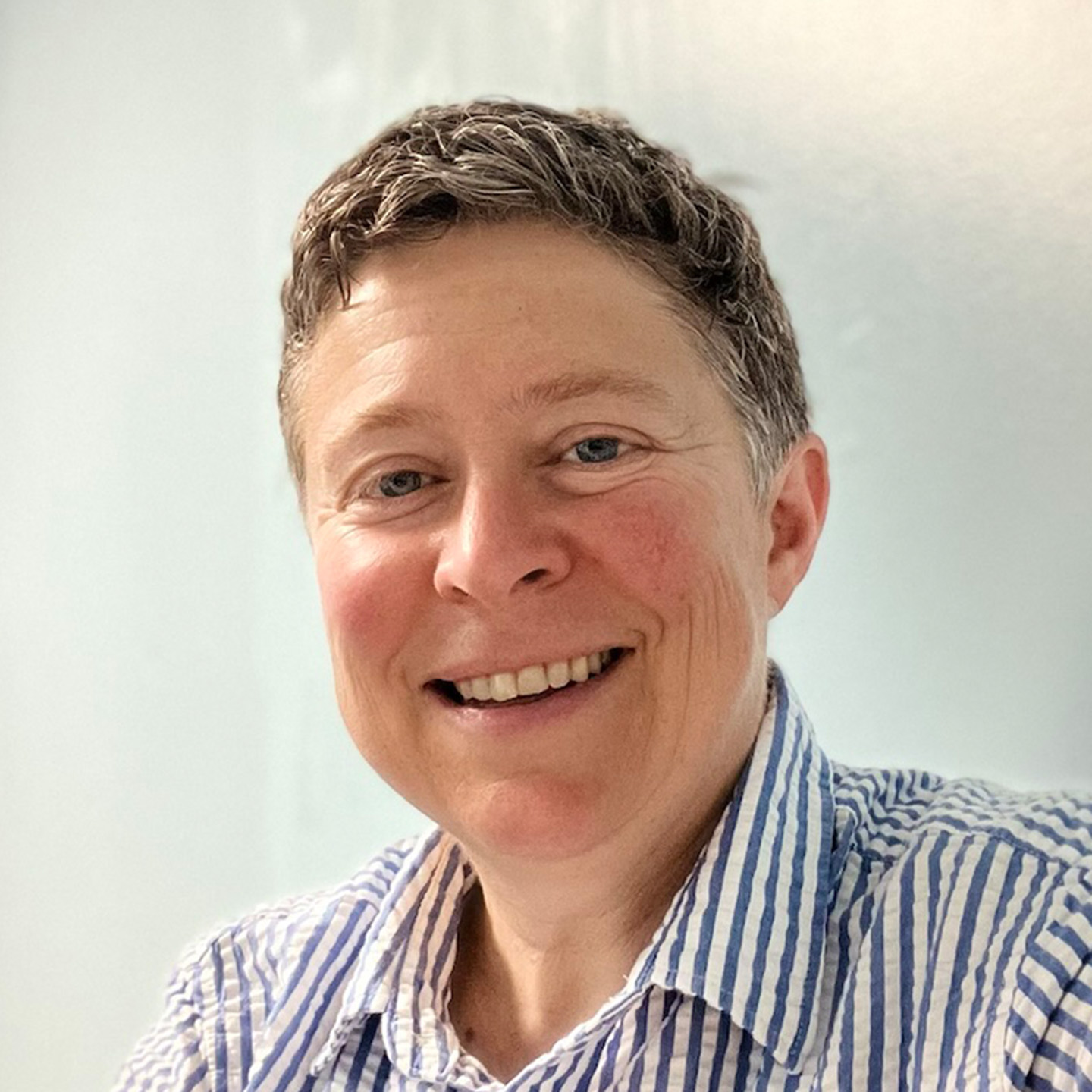
History of Voting Rights
History professor Pippa Holloway can speak to current issues — and provide a historical perspective— regarding voter rights. She is readily available to speak to the history of redistricting and the restoration of felons' voting rights.
"Punishing felons by taking away their right to vote has a long history and was incredibly common in the late nineteenth century,” said Holloway. "Today, the level of disagreement we still have about these issues is rooted in arguments that started back then about what punishment is and what rehabilitation is."
More about Pippa Holloway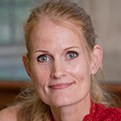
Partisan Prejudice
Leadership studies professor Crystal Hoyt can discuss research showing that Republicans and Democrats are more alike than people often realize and how recognizing that can reduce partisan prejudice.
“Research shows that the more people believe that political beliefs are unchangeable, the more they also see people from different parties as fundamentally different, yet recognizing the actual extent of shared values can help reduce partisan prejudice.”
Hoyt can speak to statistics highlighting shared values that cross party lines. For instance, 90% of Americans believe strongly in the importance of freedom of speech, the right to vote, and equal protection under the law.
“People on both sides of the aisle prioritize their families, friends, careers, and material well-being. Emphasizing these shared values and the complexity of identities beyond party affiliation can shape public beliefs and reduce partisan prejudice.”
More about Crystal Hoyt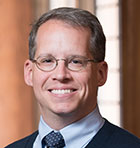
Foreign Policy
Political science professor Stephen Long can share insights on candidates' stances on foreign policy, alliance politics, and nuclear proliferation. A foreign policy and international relations scholar, Long’s expertise focuses on the causes of war, rivalries, and victory and defeat in war. He can discuss the war in the Ukraine.
“Russia’s invasion is perhaps the most fully anticipated, fully documented military campaign of the new century,” Long said. “The American strategy of ‘prebunking’ Russian claims by releasing classified intelligence has been novel, and while it did not prevent the invasion, I think it helped solidify global support for tough sanctions quickly.”
More about Stephen Long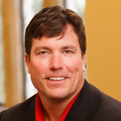
Healthcare Policy
Rick Mayes, professor of health policy, worked on Medicaid policy in the White House Office for George H.W. Bush and thereafter on health insurance and Medicare policy at the AARP during the "Clinton" health care reform effort.
Mayes can speak to candidates' campaign proposals regarding healthcare policy, Medicare policy, health system performance, and physician and nurse well-being. He is also an expert on the Affordable Care Act.
“The future of the Affordable Care Act — whether that’s repeal, replace or reform – creates a huge amount of uncertainty and anxiety for the entire health care industry — from doctors and hospitals to insurance companies, pharmaceutical manufacturers and nursing homes,” Mayes said.
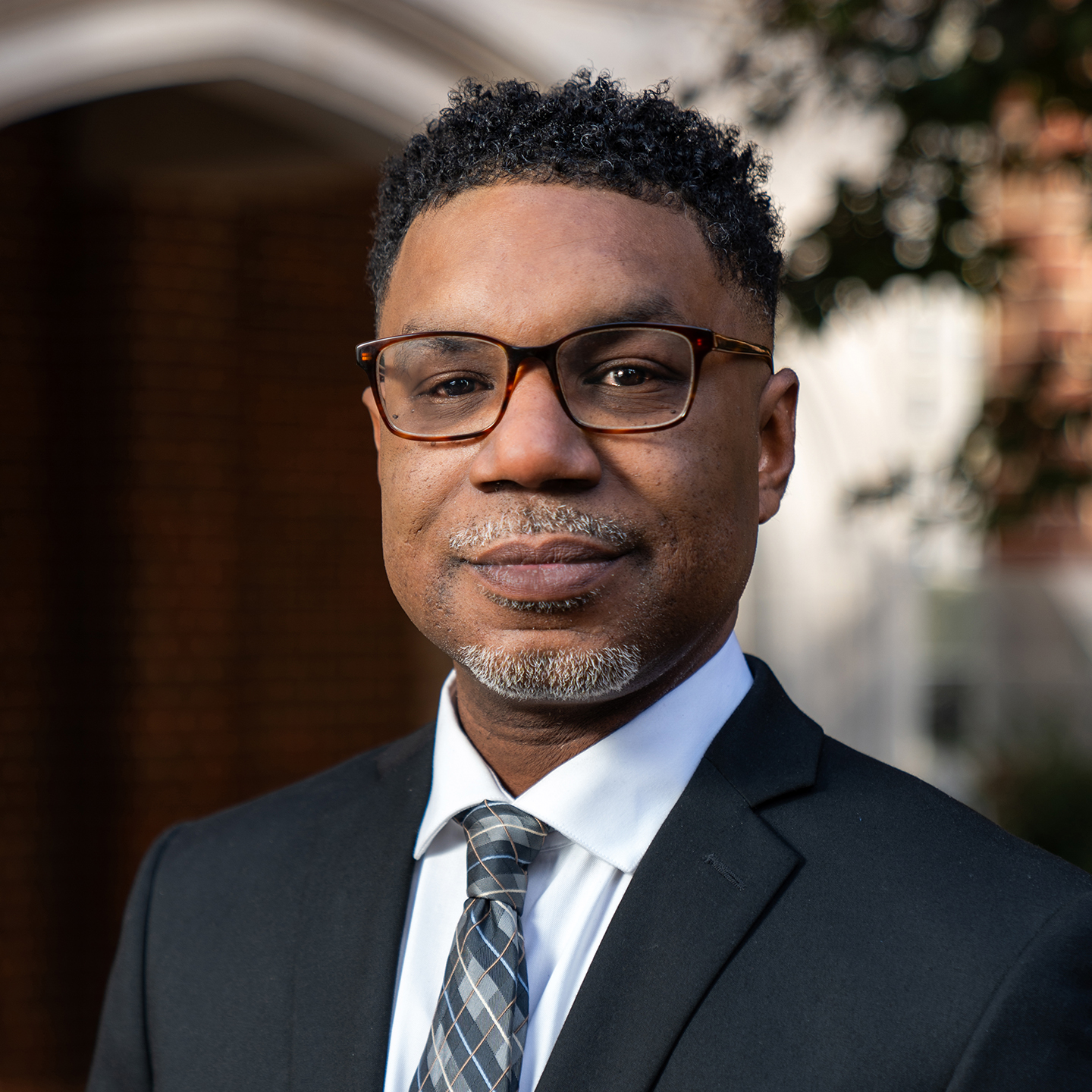
Voter Behavior
Political science professor Ernest McGowen, an election expert who specializes in voter behavior, says technology has played a key role in elections and is influencing voter behavior now more than ever.
"With the continued evolution of technology, one of the interesting things to watch is the ways people are being mobilized, including through social media and influencers. It’s going to be a real question in the future about how impactful those things really are and how to measure that."
McGowen says in 2008, campaigns started reaching individuals through email solicitation. In 2012, campaigns reached a wider audience through social media, especially Facebook. In 2016, text messages from campaigns became mainstream. Now, social media platforms like Tik Tok play a role.
"Social media is effective for political campaigns because it creates influential discourse from people you are socially connected with. People you trust. That has more impact on your behavioral decisions."
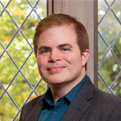
American Politics & Public Policy
Political science professor Christopher Miller is an expert on American politics. He is available to discuss topics such as the intersections of ideological polarization and economic inequality, the influence of media literacy on public opinion, and environmental policy. One major component of his research focuses on political rhetoric.
“Over the years, many scholars have studied how candidates and officeholders communicate with the public and found patterns of negativity, incivility and irrational language. Such rhetoric not only makes it more difficult for political officials to serve the public good, but by excluding from the political process those participants deemed unworthy, it negates the very idea of a shared public good that’s worth serving.”
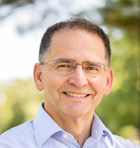
Congress and Party Control
Political science professor Dan Palazzolo is researching Congress related to partisan polarization. He is available to discuss the role and importance of Congress.
“There is not enough talk about Congress, and this piece is so important because we live in a Republic. Every two years the majority is literally up for grabs, and if you are a political party, you want to gain power.”
Palazzolo says the configuration of Congress is especially important in relationship to the president.
“If a party wins both, they are more likely to pass sweeping legislation, especially for budget policy. A majority party can drive big policy changes.”
More about Dan Palazzolo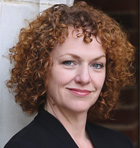
Public Policy
Tracy Roof, a political science professor, can discuss public policy, including the Supplemental Nutrition Assistance Program.
"An expansion of the SNAP program will not just ease the personal economic pain of families experiencing job loss. SNAP also pumps more money into local communities, as it’s designed to do whenever the economy weakens," Roof said.
More about Tracy Roof